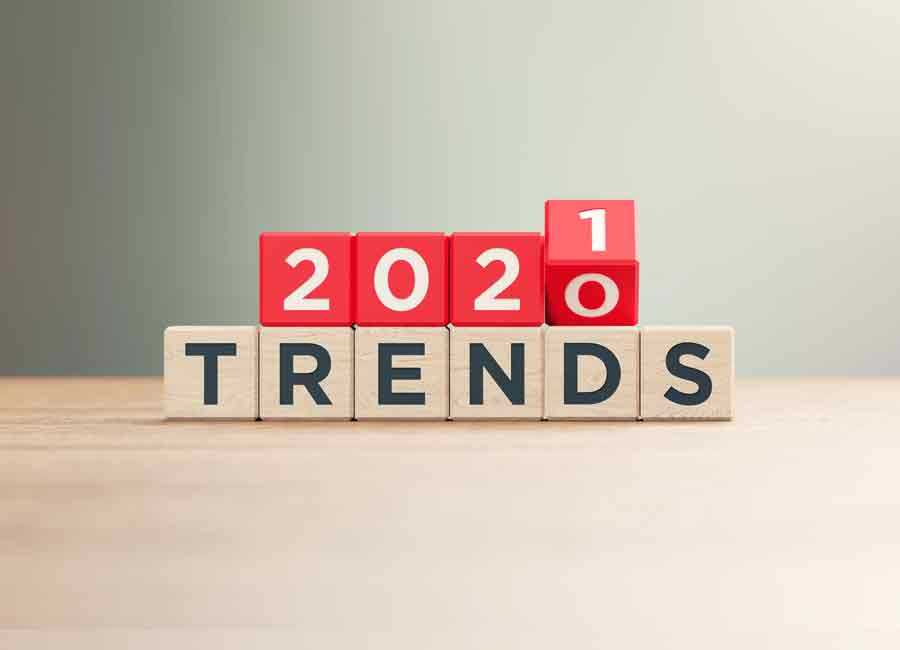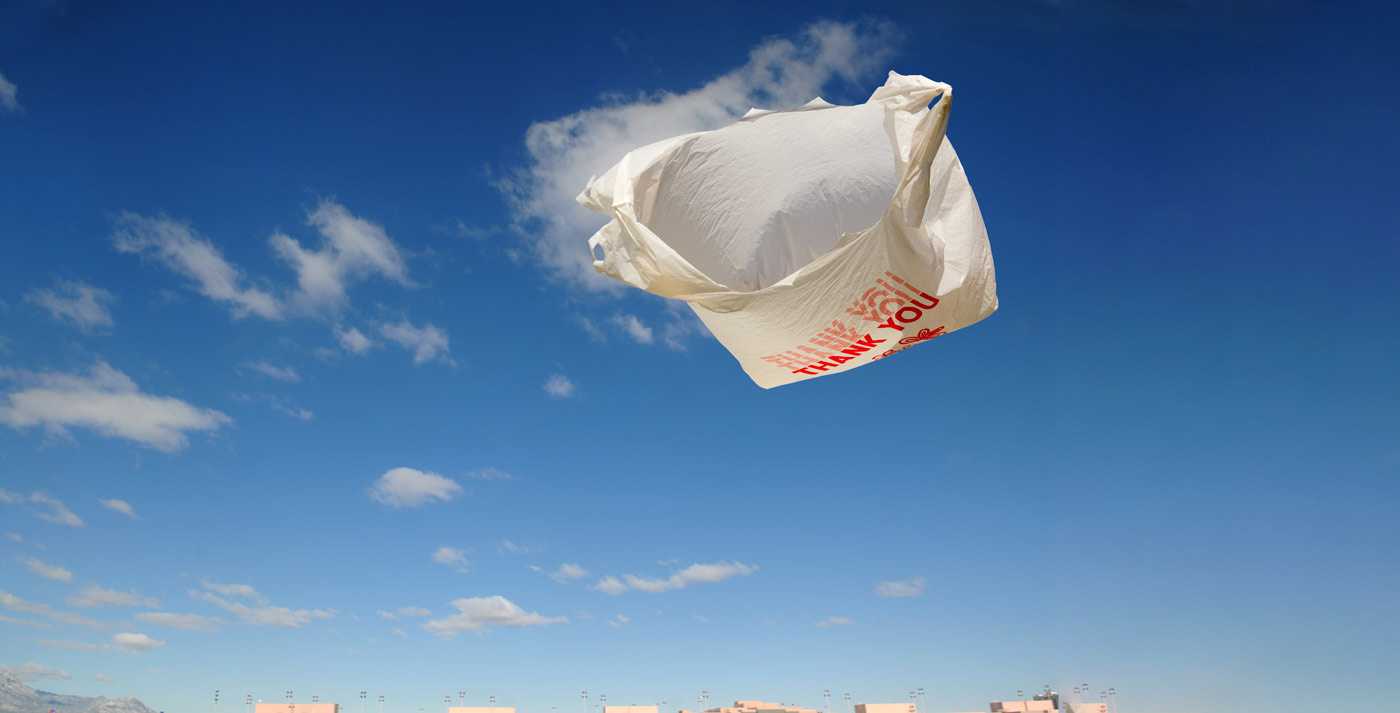

COVID-19 is the word that defined, shaped and dominated 2020. It touched every aspect of life, impacted every decision and reset how we view our world and the future. In business, our understanding of productivity and efficiency has undeniably evolved too, as we were forced to innovate and adapt at great speed. The importance of agile hybrid working models now seems intrinsic to navigating turbulent times. The refocus amongst enlightened leaders on workforce wellbeing hopefully reflects a new understanding of the importance of having “happy and fulfilled staff”, to quote Margery Kraus. Smart businesses will spend next year embedding fully new structural changes, being more inclusive, more socially conscious, engaged with internal stakeholders and adapting to a new work mindset. While the COVID-19 pandemic left an indelible mark on us all this year, 2021 will bring different, possibly greater, but certainly connected challenges.
Flashpoints can be turning points
The questions raised by the explosion of 2020’s social movements still need to be addressed. The impact of Black Lives Matter, climate change movements, pro-democracy campaigns, and discontent at perceived mismanagement of COVID-19 responses exposed deep divisions and anger in societies. Without policymakers talking bold action—i.e. retooling economic structures, action at COP26 or strengthening international institutions—public discontent may fester. Despite good news on COVID-19 vaccinations we still face new virulent mutations, and there is a real risk 2021 sees the global economy knocked off course with higher unemployment and declining business activity across the board, feeding into an exhausted public with already low levels of institutional trust. Appreciation of our global interdependence as a species and the willingness to act in solidarity was in short supply prior to COVID-19, and the pandemic brought to the fore tribal instincts embedded in society, culture and politics. Optimists may see hope in election results in the United States and New Zealand and in the mass social activations from the United States to Belarus and Hong Kong; illustrations perhaps of a new emerging global consciousness and more importantly a willingness to act.
A two-speed world
A two-speed world is also emerging more clearly, even within developed economies. The dangers of recession, indebtedness and high unemployment are not reflected in record high stock markets which still sees ground-breaking IPOs and soaring corporate profits. A duality between the financial markets and ‘ordinary’ life has appeared but how far into 2021 can that last without a ‘correction’? And how prepared are we for that crunch moment? The chaos of COVID-19 pushed some industries into new areas through dynamic innovation and fresh thinking. The healthcare sector amazed the world with collaboration and competition in delivering a COVID-19 vaccine in less than a year, but will remain unavailable to many less developed economies until 2022. Education technology (‘EdTech’) could be a revolutionary and critical sector for tens of millions, but could also accelerate the divide between those benefiting from modern equipment and access to high quality internet, and those without who may get left behind.
Fiddling while Rome burns
How many clarion calls and warnings can a topic have and still be met with limited action? 2021 will see enormous pressure exerted on public and private spheres to take drastic action on the environment. We saw horrific images from wildfires across Australia and California; East Africa faces a food crisis due to drought, conflict and of the worst invasion of locusts in 70 years; the destruction of the Amazon continues at a terrible pace; and from the Andes to the Himalayas glaciers retreat at record speed. Agree with climate change activists or not, but Greta Thunberg and her generation have put this topic front of mind of every large multinational, government and media outlet. Consumers are demanding more leadership and action from businesses on climate issues, and 2021 will only see that accelerate. All eyes will be on Glasgow in November for COP26.
Après Trump, le déluge
President-elect Joe Biden may enter the White House in January, but Trumpism as an ideology lingers domestically and internationally. Versions of Trump’s populist, nativist narrative took hold across the world with varying degrees of success, but its undeniable impact was weakening international institutions and affecting the international system itself. Trade relations with China may normalise somewhat under President-elect Biden but they may only be surface level as a China / U.S. trade conflict was overdue to many. Relations between Washington and Moscow will place businesses in a difficult position as the situation looks sure to worsen. Tit for tat action on sanctions, cyber-security breaches and diplomatic manoeuvring amongst allies are all likely to accelerate in 2021. In Europe, a geopolitical cost of Brexit will not merely be the economic impact on the UK, but an acceleration of the UK’s declining diplomatic and strategic clout. If a global crisis emerges in 2021, who will look to (or listen to) London for leadership? Will COVID-19 mishandling plus Brexit cause another ‘Suez’ moment for a British Prime Minister facing intensifying dissent from within his own party? Or perhaps Downing Street will be focused on ‘internal priorities’ like preventing strengthened claims for Scottish independence and a reunified Ireland.
The race for regulation
The tail end of 2020 has shown us the battle ground in the fields of big tech and competition. The last two years saw movement in favour of consumers who long pushed to have greater control over their data and privacy, but now regulators in the UnitedStates and Europe are moving aggressively in new areas against big tech. The European Commission failed to deliver in this space in 2020, but with the United States now asserting itself more aggressively than before, regulators may well sense it is ‘make or break’ time in Brussels. President-elect Biden will have a honeymoon phase, and big tech has courted assiduously across both sides of the aisle in recent electoral cycles, but the public mood has shifted. There will be continued pressure from Congress to act and, aside from tone, not much may change from the previous Administration’s approach. Eyes in Europe will be on the emerging battles over the Digital Services Act and Digital Markets Act, crossing innovation, technological development, e-commerce, online harm and the perceived unfair actions of big tech “gatekeepers”.
By failing to prepare, you prepare to fail
The COVID-19 pandemic showed the need for good crisis preparedness and for putting internal audiences at the top of CEO’s stakeholder lists. In 2021 as companies evolve past the health emergency to a potential economic emergency, many are facing difficult business decisions to ensure survival. Workforce reduction, relocation or redrawn growth targets will lead to potential reputational challenges and internal crises. Aside from COVID-19’s business impact, social pressures are forcing greater moves towards sustainable business models, taking climate change, diversity and social positions on race and inequality into account as core business priorities. These require investments which are difficult to make in times of economic weakness, but consumers and stakeholders will demand it nonetheless. 2021 will see a re-emergence of proper investment in crisis planning and scenario modelling across many industries as corporate reputations cannot afford another setback.


